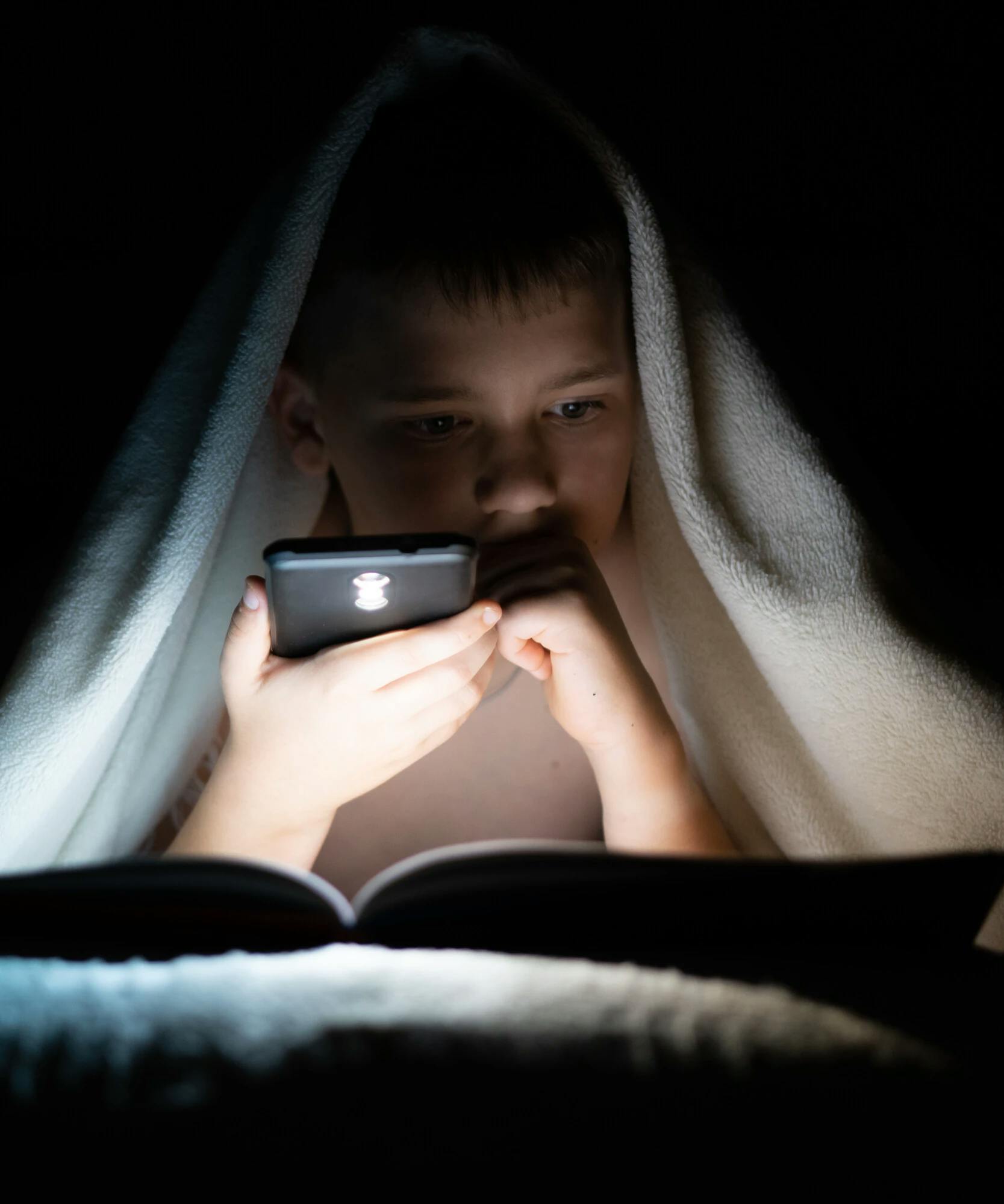We Should Teach About The Dangers Of Pornography In Sex-Ed
For those of us who are part of the growing anti-porn movement, it’s often easy to slam down our fists and demand the complete elimination of such vulgar regions of the internet.

Unfortunately, pornography has been around for all of modern time and our attempts to eliminate it will remain futile if we continue to be reactionary rather than logical. Porn won’t be disappearing anytime soon; sex is simply everywhere. Instead, we must be proactive and preemptive by ensuring the next generation is fully educated on its dangers and destructive abilities.
Porn Isn’t Going Away Anytime Soon
Again, sex is simply everywhere. We live in a hyper-sexualized society, one where even the bodies of women are used in advertising to sell more. This era celebrates hypersexuality, to the point where even perversion has become tolerated, and in some cases, celebrated. Sex has been tarnished over the years; it’s a commodity – accessed and viewed by the simple click of a button.
We don’t teach our teens the dangers of porn in the same way we teach them the dangers of sex and drugs.
The internet is also drowned in sexual content, a place everyone now has access to from a young age. Children come across pornographic content every day, so it’s imperative we protect them however we can from such spaces. One study showed that the average age of exposure to porn for both boys and girls was between 9 and 10 years old, and that less than 10% of them had intentionally sought it out, meaning they saw it accidentally or someone else showed it to them. Sadly, porn has been allowed to descend into the brains of the young, shaping their ideas of sex into simply cheap imitations of sexual intimacy.
Porn Is a Poison
Unfortunately, many young boys (and girls) actively seek out these parts of the internet, not truly aware of its origins or how such content drags and dismantles the human mind. We don’t teach our teens the dangers of pornography in the same way we teach them about the dangers of casual sex and drugs; instead, we leave them to talk about it among themselves, discover such places alone, and develop overly unhealthy ideas of sex before they even engage in it themselves.
Porn is dangerous even to adults; its effects on developing minds cause even further disaster. Porn-watching doesn’t even have to be done in an addictive manner to have a negative effect; hours of porn use are strongly correlated with less gray matter volume in the brain and lower functional connectivity between the striatum and the prefrontal cortex. This results in low sexual desire, minimized arousal, and general sexual problems for males and those involved in sexual relationships with them.
Teens feel pressured into performing certain acts, a lot of which have become degrading and violent.
Teens are insecure enough with social media and societal expectations; porn only heightens this insecurity, for both young men and women. They’re left feeling inadequate (despite no one really having perfect sexual knowledge in their early youth) and feel pressured into looking a certain way or performing certain acts, a lot of which have grown to become quite degrading and violent.
Sometimes Shame Is Healthy
In somewhat luckier news, over the past few years, PornHub has increasingly garnered condemnation from the public – more commonly viewed now as a site that profits from child rape, sexual violence, and female abuse. People are growing a healthy aversion towards pornographic sites, so educating developing minds on such issues seems like an obvious second step.
By presenting porn as something dangerous and unhealthy (which it is), we take away the glorification we’ve given porn in wider society. Shame doesn’t always bring negative results and can be used effectively and to our advantage. There are plenty of things we frown upon and collectively shame in society, from adultery to overindulgence. Porn-viewing is steadily becoming one of them, now viewed more commonly as unhealthy and uncivilized.
By presenting porn as dangerous and unhealthy, we undo the glorification we’ve given it in society.
Porn isn’t a beneficial way to cure sexual frustrations and also causes (proven) long-term damage; it’s essential we emphasize this in sex education, rather than simply skimming the basics. By talking openly about porn and its harmful effects, we both forewarn our youth of the serious consequences that accompany porn and we remove the taboo that often prevents youth from discussing their questions about sex with a trusted adult.
Closing Thoughts
We must woefully take baby steps in our war on porn. I too would love for us to eradicate porn today with the simple click of a button, but sometimes we must be rational in accepting the unfortunate ways of the world. Porn has been normalized, and even glorified, in society for decades. To demand its elimination from the internet has always been rendered futile in the grand scheme of our movement.
With time, porn becomes less widely accepted. In this, we can hope schools begin to teach its dangers to the naïve and untainted minds of the young. Many who engage in porn lie in dark corners of the internet, it’s essential we keep our children away from this.
Readers make our world go round. Make your voice heard in the official Evie reader survey.